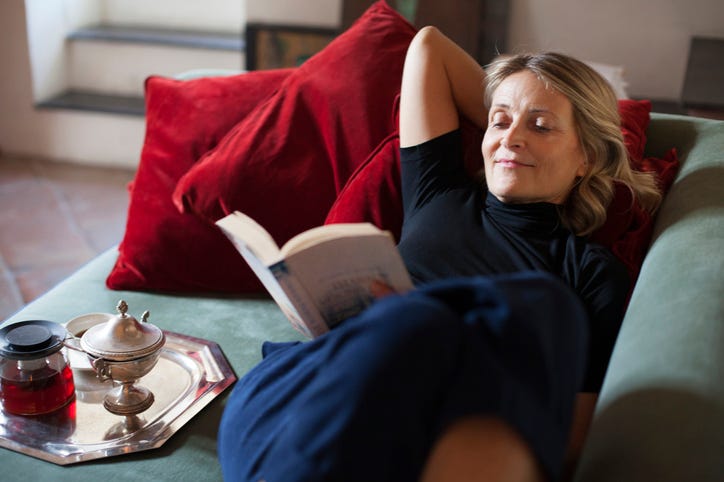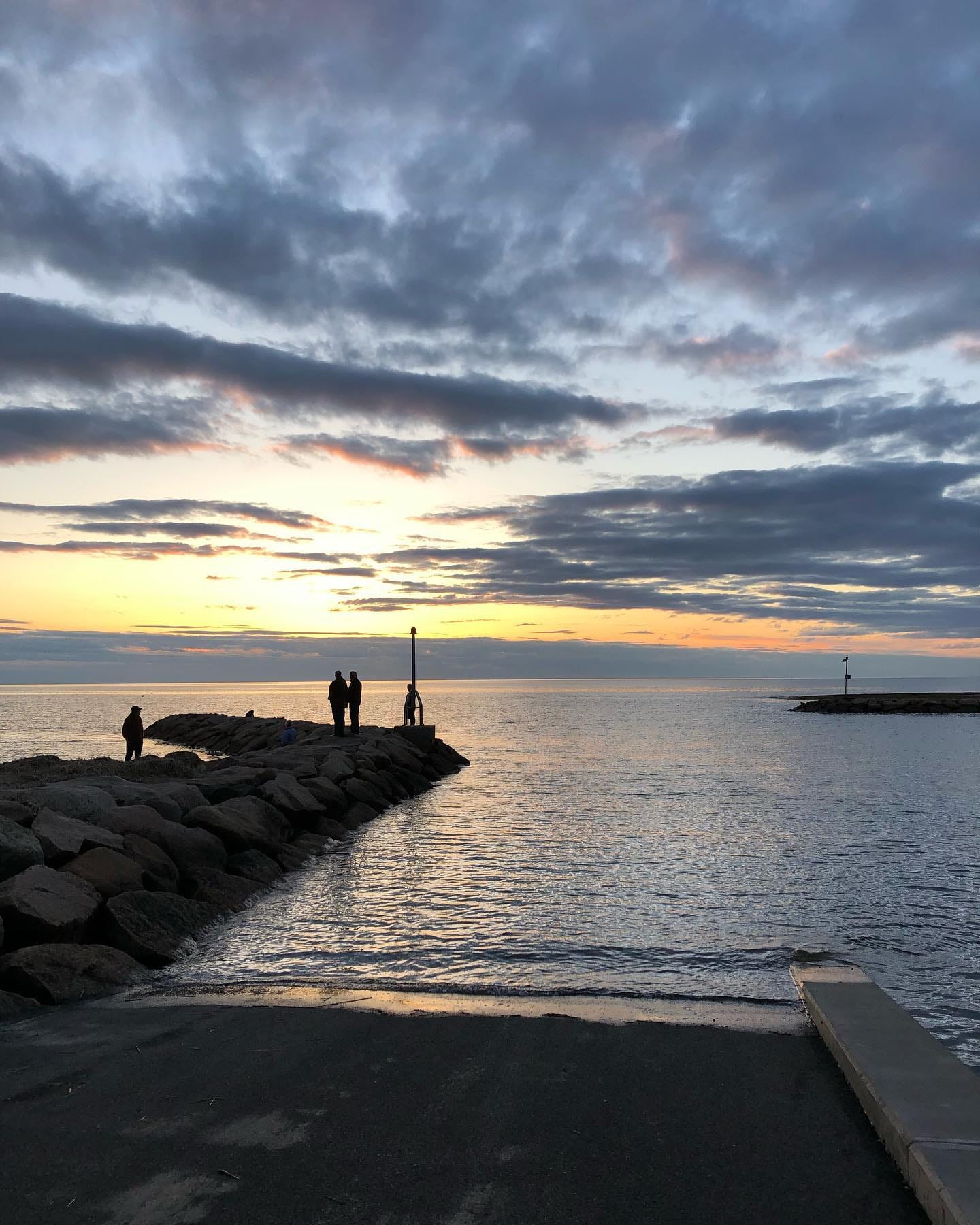The book is called Essentialism.
I found it because I was looking into minimalism, which, by the way, has been totally taken over by white Christian men— have you noticed?
Still, I was intrigued by this book called Essentialism: The Disciplined Pursuit of Less, because I have needed to drastically change the way I interact with the world around me.
It’s not really about the minimalism part—let’s be honest, I’m not a minimalist at all, and I’m not sure I’ll ever be one. Still, I want to live a meaningful life in which I think about the things I have and why I have them (do you want an amazing minimalism book written by a Black woman that helps you process your relationship to stuff? Check it out here!).
But here is something I do know:
I am in need of learning how to say no and meaning it.
So, what’s with saying no, and why is it important?
For those of us who’ve grown up as people-pleasers in one way or another, or, for those of us who are women living in a world that doesn’t value our words, thoughts or opinions, we are trapped in the vicious cycle of saying yes because we think we are supposed to, or because we are afraid of what happens when we say no.
What ends up happening is that we get totally overwhelmed or burnt out, over and over again, without learning the lesson.
And the thing about the holiday season is that it requires so much of us—gifts, parties, showing up for meals, making meals for ourselves and each other, admitting we are lonely, celebrating the magic, worrying about money, worrying we’ve spent too much money, thinking about how grateful we are for everything, starting a new year and trying to imagine what happiness might mean.
We think saying yes will keep the people around us happy — but what about saying no to keep ourselves happy?
Boundaries come in handy here. For example, the weekend before Thanksgiving I put an “away” notice in my emails until the second week of January. Even if I’m around to see those emails, I’ve set up holiday space for myself to know that I don’t have to say yes to every single email right now. I’ve said my own kind of no so that I can say yes later, when it works for me.
But, boundaries have been hard for me, as someone who has lived with codependent relationships for years. In 2020, I started a journey of saying no as I read this book, considering some of the tips that Greg McKeown shares. Here’s one: if it isn’t a clear yes, it’s a clear no.
When I read that line, I knew. I knew there were a few things in my life, in my schedule, in my relationships, in my work, that I needed to cut out, that I’d over-committed to because I was afraid of what would happen if I didn’t commit. It landed me in total exhaustion.
So, in 2020, I chose no.
And As 2021 comes to a close, I’ve continued to choose no when I feel it in my gut. We can’t always say no, of course, but more often than we realize, we can say no, and those times matter more than realize.
If you don’t want to take it from me, take this Christmas gem of a tweet from @TheNapMinistry:
You don’t have to be online all the time.
You don’t have to answer that email right now.
You don’t have to say yes to all those offers.
You deserve rest, and a lifetime of no to help you find your way to yes.








I love this and needed it; especially after the week that passed, which was mentally and emotionally exhausting. I plan on joining this resolution offer. Thank you!
Excellent. Thank you.. learning to say no and not feel guilty is a biggie.To me the "just say no" really sprouted into a big green greedy not an option monster when it was attached to church crap. "The more church shit I do the better christian i am" idea combined with a church attitude that stood back and let you run with that til you crash and burn headfirst right into the ground was a very very big whack of a just say no lesson to learn, I feel worst about all the time being a "just say yes super Christian" took away from my kids. All they remember is dad always being at church. It was time NOT well spent.